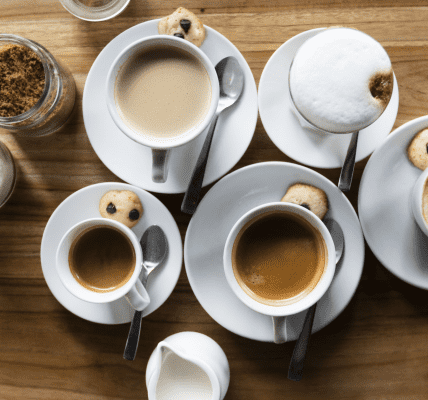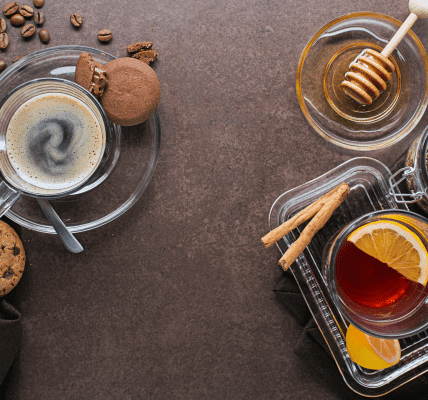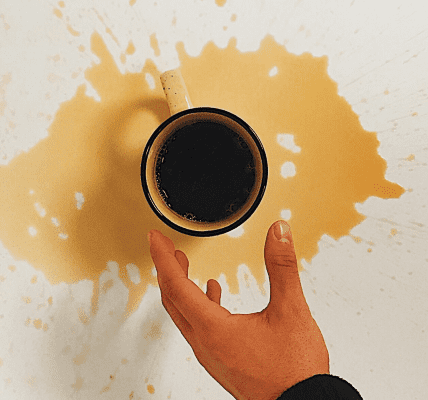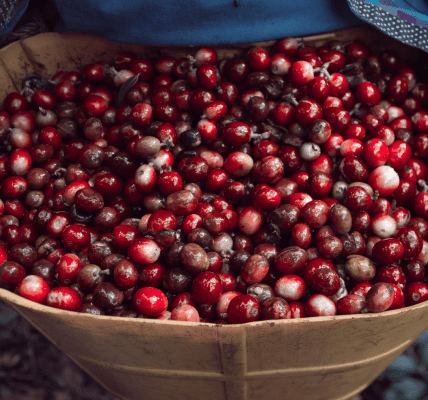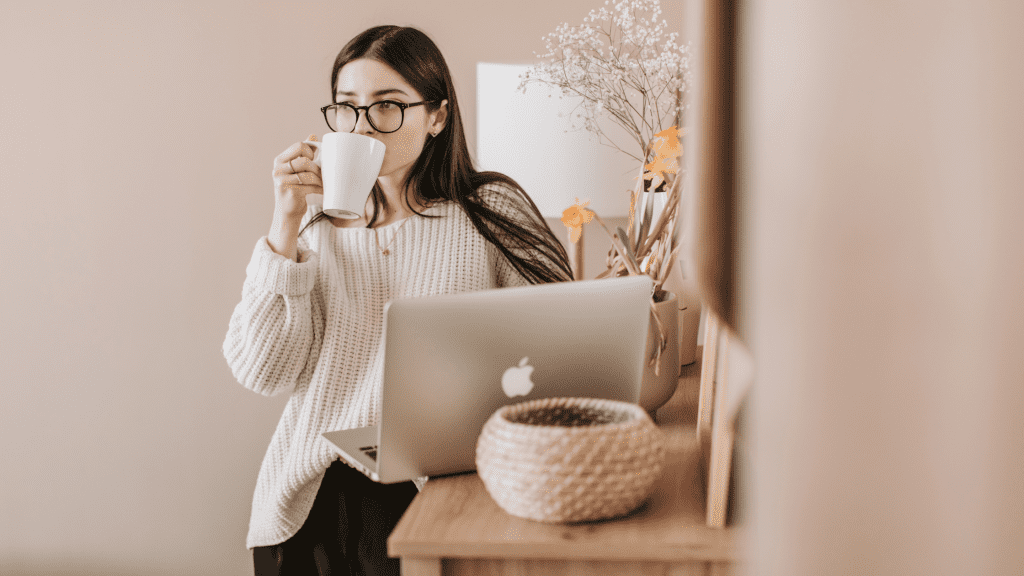
What’s the most popular elixir that infuses life into the minds of sleep-addled human zombies? The answer is a rich cup of freshly brewed coffee at any time of the day. Then, why does coffee make you tired instead of alert – and is there a way to avoid it?
Caffeine interferes with brain functions to make you feel alert. But it doesn’t prevent the buildup of the chemicals that eventually make you tired. If you metabolize caffeine quickly, you’ll feel tired. Caffeine can also cause a sugar spike, sleep deprivation, stress, etc., leaving you tired.
There are various other factors that play a major role in making you exhausted after having caffeine. Keep reading to find out!
Understanding Caffeine and Its Effects on Your Body
Table of Contents
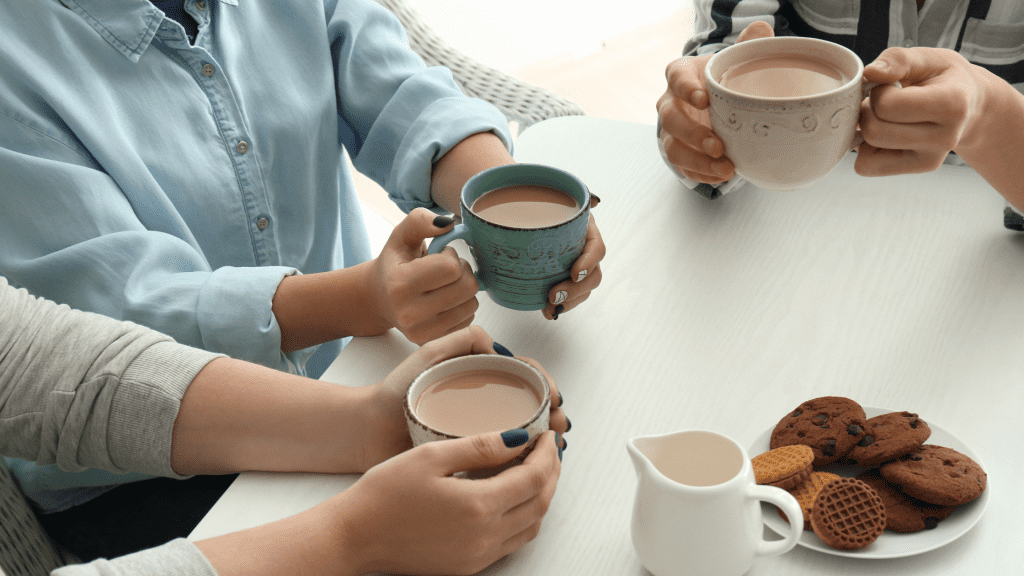
Understanding Caffeine and Its Effects on Your Body
Today, I’ll help you figure out why coffee makes you tired. But first, you must have an elementary understanding of how its key component, caffeine, affects your body. Here’s a quick look –
How Does Caffeine Work?
Your body produces a chemical called Adenosine. It binds to its receptors in the brain and makes you sleepy. Caffeine’s structure is similar to Adenosine, and it can attach to the receptors in Adenosine’s place. Thus, it blocks Adenosine-induced tiredness.
How Long Does Your Body Take To Respond To Caffeine?
The time it takes for caffeine to work depends on how quickly or slowly your body can process it. It usually kicks in between 5 minutes and 30 minutes of consumption. And it takes 15-120 minutes to attain peak plasma concentrations, i.e., peak caffeine effect.
How Long Does Caffeine Stay In The System?
Caffeine’s effect reaches its highest level within 2 hours of ingestion – and continues for several hours. Meanwhile, it attains a half-life between 5 hours and 6 hours, i.e., its quantity reduces to half. Caffeine may need 10 hours to leave your system entirely.
Why Caffeine Makes You Tired: 15 Reasons
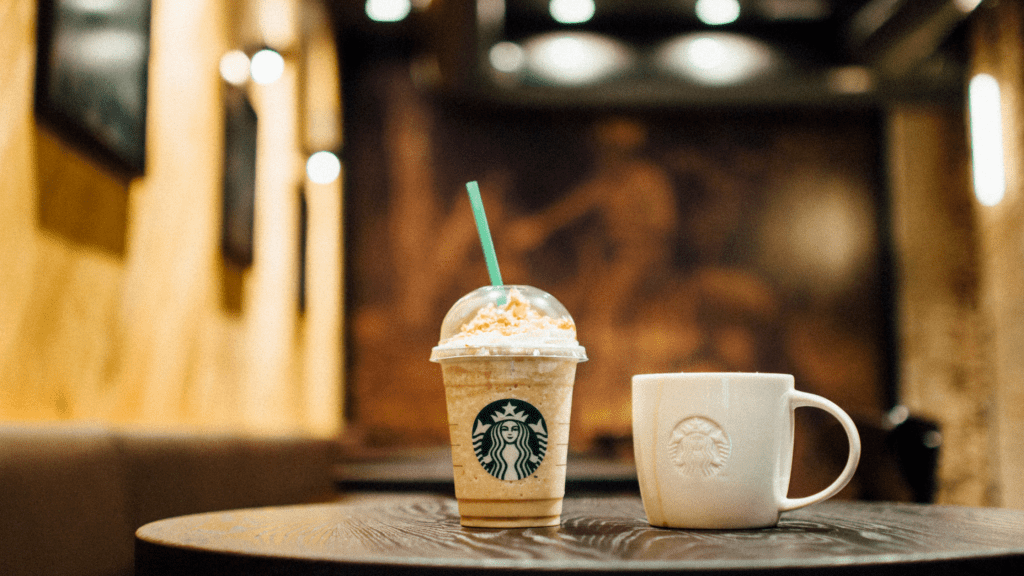
Why Coffee Makes You Tired
Now that you understand how the caffeine content in coffee works to keep you awake, let’s try to understand why it may have the opposite impact on you.
1. Adenosine Buildup
The reason you feel tired is a brain chemical called Adenosine. Your brain produces more Adenosine when you’re awake, which attaches to the receptors to trigger sleepiness gradually. Caffeine blocks its sleep-inducing effects by attaching to its receptors.
So caffeine doesn’t stop the production of Adenosine, which keeps building up in your system. And when the wakeful effect of caffeine wears off, there’s a rush of pent-up Adenosine to the receptors. Thus, you experience severe tiredness and sleepiness.
2. Heart Rate Increase
Mild or moderate caffeine ingestion can be good for your heart. But if you go overboard with your coffee intake, the effect can be the opposite. If you consume more than 2-3 cups of coffee in a day, you may experience increased heart rate and blood pressure.
Rapid heart rate can also result from stress triggered by caffeine. And a racing heart and fatigue go hand in hand, which means you’ll experience tiredness due to caffeine. Increased heart rate can also lead to sleep problems, making you even sleepier.
3. Stress and Jitteriness
You must have experienced stress at some point in your life. And you know that stress is not only bad for sleep but can also cause a tremendous amount of exhaustion. Now, stress is a result of a hormone called cortisol. And cortisol can increase due to caffeine.
During stress, you also experience a rush of adrenaline or epinephrine, which can reduce sleep. Caffeine ingestion can boost adrenaline, too. Thus, caffeine increases stress, heart rate, and jitters, especially if you have anxiety – making you tired.
4. Increase in Blood Sugar
While caffeine is known to boost the metabolism of glucose and reduce blood sugar levels, it can have an adverse effect on insulin sensitivity. When insulin sensitivity is reduced, your body cannot metabolize glucose, leading to a blood sugar increase.
Caffeine also boosts cortisol, which can temporarily cause blood sugar to spike. And these can lead to fatigue. You may feel tired even if you have had a good night’s sleep. Things can get even worse if you put added sweeteners to your coffee.
5. Impact of Dairy
If you like to add dairy-based creamers to coffee, it might be the reason you feel tired soon after having your java. That’s because dairy contains an amino acid called Tryptophan. This component is linked to the promotion of sleep and drowsiness.
Your body uses Tryptophan to produce Melatonin, a hormone that promotes sleep by putting you in a state of quiet wakefulness. It also enhances Serotonin, a hormone that modulates sleep. And so does caffeine. These contrasting effects also leave you tired.
6. Mold Contamination
Coffee mold may not be a frequent occurrence, but it’s a form of contamination that can result in exhaustion. Mold can occur at any stage before or after harvesting or during storage. Some mold types may produce toxic compounds known as mycotoxins.
One of the side effects of mycotoxin ingestion is drowsiness. Mycotoxins can also lead to chronic fatigue syndrome. Usually, a small amount of mold in coffee doesn’t have a severe impact. But if you drink too much coffee with mycotoxins, you’ll feel sleepy.
7. Dehydrating Effect
Caffeine is considered a diuretic, i.e., a substance that makes you urinate frequently. If you experience this impact of caffeine, you may lose more water from your body than the water content in a cup of coffee can compensate for. As a result, you’ll be dehydrated.
Plus, drinking coffee can quench your thirst temporarily. Thus, you may not drink enough water required to rehydrate your body. This will also lead to dehydration. And fatigue, sluggishness, and dizziness can result even if you’re mildly dehydrated.
8. Alcohol, Nicotine, and Drugs
Mixing alcohol with caffeine can be a dangerous thing. Alcohol triggers sleepiness, while caffeine induces wakefulness. When you combine them or have them too close to each other, caffeine can make you feel the mind-numbing effect of alcohol much less.
The same may happen with nicotine and drugs. And they all stay in your system. As you know, caffeine may fail to wake you properly or keep you awake. As a result, the exhausting effects of alcohol, drugs, nicotine, etc., can leave you tired and sleepy.
9. Metabolism and Genes
Your genes may produce more CYP1A2 enzyme and metabolize caffeine faster. It can also happen due to the AHR gene that boosts CYP1A2’s caffeine metabolism ability. Thus, the wakeful effect of caffeine wears off much faster, leaving you feeling tired.
It is also possible that the type of Adenosine receptors you have are unresponsive to caffeine. As a result, consuming caffeine fails to bind to the receptors or wake you up. Instead, you feel tired due to sleep pressure or a spike in sugar, heart rate, etc.
10. Caffeine Tolerance
When you drink a lot of coffee or other caffeine-containing items like coke, supplements, etc., you can develop caffeine tolerance. This is particularly true if you consume caffeine regularly. So, your body stops responding to the wakeful impact of your regular dose.
But this doesn’t reduce Adenosine production in your body. On the other hand, the number of Adenosine receptors increases to accommodate the Adenosine buildup. So the extra receptors capture Adenosine and make you sleepy, even after coffee intake.
11. Withdrawal Symptoms
If you’ve been trying to cut back on your regular caffeine consumption, you may experience withdrawal symptoms. This is especially true if you are abrupt with the reduction. And sleepiness is a symptom of caffeine withdrawal, much like any other drug withdrawal.
If you drink coffee during withdrawal, especially a little too much, caffeine can act as a stressor. The combination of these two can lead to fatigue, brain fog, headaches, depression, and more. As a result, you will experience exhaustion – caused by caffeine.
12. Caffeine-Induced Sleep Deficiency
From the moment you wake up, the desire to sleep keeps building. This is called sleep pressure. And it keeps getting stronger as you stay awake. Sleep pressure only reduces with proper sleep. And if it’s not reduced, you will feel exhausted and crave sleep.
By blocking Adenosine’s effect, caffeine tricks your body into feeling awake. If you have coffee too close to bedtime, you’ll stay too alert to sleep, eventually facing a disrupted sleep cycle. So, due to sleep pressure, you’ll feel tired after drinking coffee.
13. Sleep Debt
Your body needs proper sleep – at least 7 hours of it as an adult – to feel well-rested. You may fail to provide that to your body – and build sleep debt. It refers to the hours of sleep you owe to your body. How much sleep you need depends on your body and age.
As you may understand, more sleep debt means you will feel continuously exhausted. Caffeine will likely fail to work when you are already in need to rest. What’s worse is when caffeine disrupts your sleep. This adds to your sleep debt, making you exhausted.
14. Natural Energy Dip
Your body has a daily sleep-wake cycle. And fluctuations in the natural energy levels are also quite normal in response to your circadian rhythm. So, in a single day, you will experience an energy dip at some point, even if you are not tired or sleep-deprived.
So during those hours, caffeine can be ineffective. Another reason to feel an energy dip naturally is chronic fatigue syndrome. Things can worsen if you’re exhausted, sleep-deprived, under medicines, etc. Thus, you’ll feel sleepy even after having coffee.
15. Existing Exhaustion
Caffeine can only wake you if you’re not already under the effect of Adenosine. If you’re already physically or mentally tired, caffeine can’t block Adenosine molecules attached to the receptors. Caffeine also can’t reverse chronic fatigue syndrome.
However, it will remain in your system and lead to a spike in sugar, stress hormones, etc., making you tired. In such a state of exhaustion, it’s natural to grab more coffee to counteract the tiredness. This can simply lead to a vicious cycle of exhaustion.
How to Avoid Feeling Tired After Having Coffee

How to Feel Awake and Alive After Drinking Coffee
There are ways to avoid feeling tired after coffee consumption. Try the following methods –
1. Maintain a Gap between Coffee Intake and Bedtime.
A study in 2013 showed that having coffee too close to bedtime can disrupt your sleep quality and cycle. Experts suggest having your last cup of the day by 2-3 pm. Ideally, you should refrain from caffeine intake at least 6 hours before bedtime.
2. Limit Your Caffeine Consumption.
How much caffeine you need daily to wake up depends on your body. For most people, 100-200 mg of caffeine does the trick. If you need more caffeine to enjoy a wakeful impact, the caffeine amount must remain limited to 400 mg, i.e., 4-5 cups of coffee.
3. Have Clean Coffee from Good Brands.
Always drink your coffee without added sweeteners or dairy creamers. And get brans and grounds from premium brands that produce and harvest beans in the best conditions. They may also come in reusable, resealable packs to keep out mold.
4. Don’t Combine Coffee with Drugs, Alcohol, or Nicotine.
Do not have coffee with alcohol and nicotine – or within close succession. If you’re on some medicine or health supplement, talk to your physician about whether or not you should have coffee – or cut back on caffeine altogether.
5. Have a Healthy Lifestyle.
A healthy lifestyle with sufficient hours of rest and a fixed sleep schedule is essential for you to feel refreshed and rejuvenated. You must also have a balanced diet with enough water and get exercise and sun exposure so you can make the best of caffeine.
Final Words: A Healthy Approach Towards Enjoying Coffee’s Wakeful Flavors
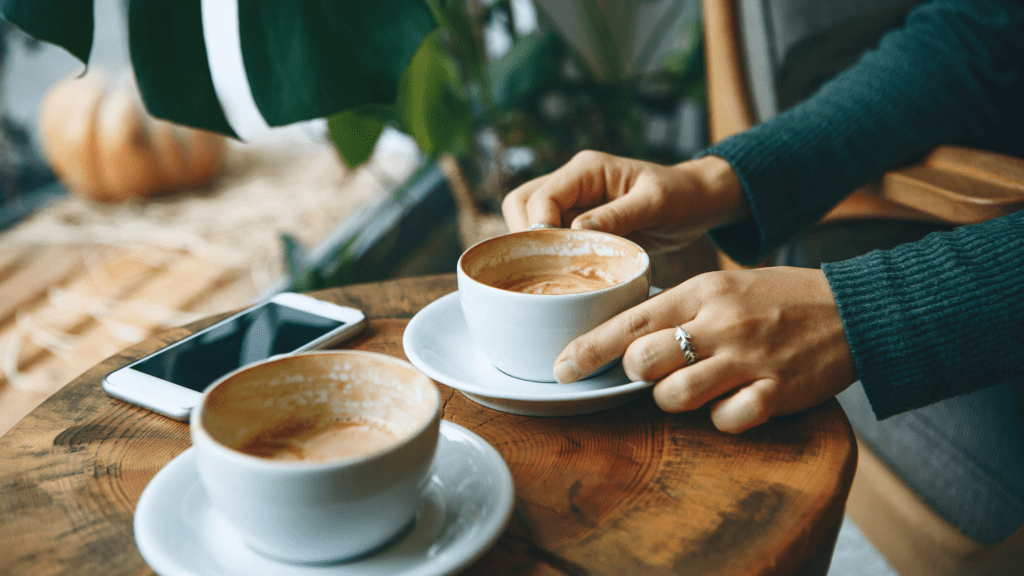
A Healthy Way to Enjoy Coffee’s Wakeful Flavors
It is evident that caffeine can cause a reaction in your body, which makes you tired. It can deprive your body of rest, too, which eventually makes you exhausted. Or, it simply fails to counteract the fatigue caused by other reasons.
If the problem is genetic, you may have to shift to other energy boosters. Otherwise, small changes in your lifestyle can help you avoid feeling tired after having coffee. With time, you will not only enjoy the wakeful effect of caffeine but also feel fit and healthy.
